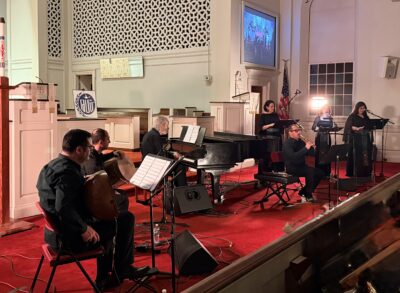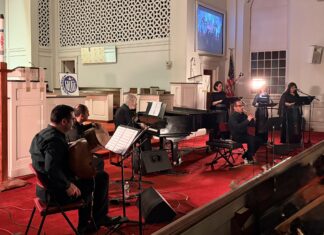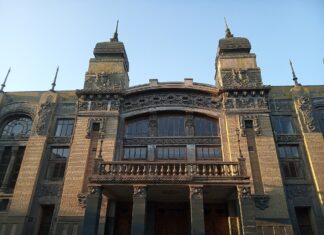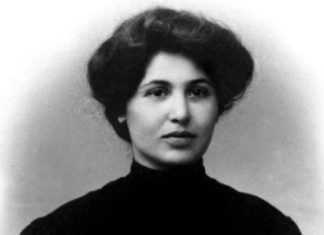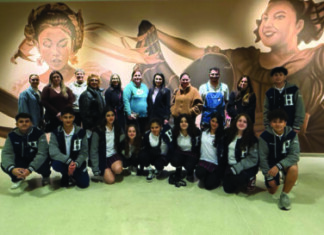 WATERTOWN — As of December 24, the Armenian Library and Museum of America (ALMA) will drop a couple of words from its name and add a few: it will now be known as the Armenian Museum of America, Inc., in recognition of its preeminent function as a museum.
WATERTOWN — As of December 24, the Armenian Library and Museum of America (ALMA) will drop a couple of words from its name and add a few: it will now be known as the Armenian Museum of America, Inc., in recognition of its preeminent function as a museum.
“By this change, this institution will be known for its uniquely distinct role as probably the largest Armenian museum outside of Armenia. We continue to enhance the holdings of our expanding adjunct research library named for the late Mesrop Boyajian,” wrote Haig Der Manuelian, the ALMA board chairman.
ALMA was founded in 1971, with the dream of capturing and presenting the 3,000-year-old Armenain heritage which has survived against serious odds to people within the community or those outside.
“Those of us then involved saw our mission to honor our ancestors and the victims of the Armenian Genocide by creating a permanent, living memorial library and museum. At that time, we expected significant acquisitions mostly for our intended library while hoping against hope possibly for a modest number of artifacts. For that reason, when we decided upon a name for our organization, the word ‘Library’ preceded the word ‘Museum,’” DerManuelian added.
In 1996, Dr. James Russell, the Mashdots Professor of Armenian Studies at Harvard University, wrote, in part, describing ALMA’s collections: “Over all, it is perhaps the most important Armenian museum collection after the Armenian State Historical Museum in Yerevan and the collections of the Armenian Patriarchate of Jerusalem in Israel.” By then, the museum’s holdings had multiplied “beyond our wildest expectations — including eclectic major collections from the Bedoukian Families, numerous inscribed Armenian rugs from the late Arthur T. Gregorian, Kutahya tiles from the Karabians, among so many other gifts generously donated to build our collections,” Der Manuelian noted.
He added that recent collections have been even more impressive. Within the past four years, ALMA has acquired the Yousuf Karsh collection of photographic portraiture, post-Soviet Armenian paintings from the famed Norton Dodge Collection, the Berj Garabedian Metal Arts Collection and the Almasian Family Map Collection, and numerous other accessions. The museum has more than 20,000 objects and the Mesrop Boyajian Research Library has more than 27,000 titles.
